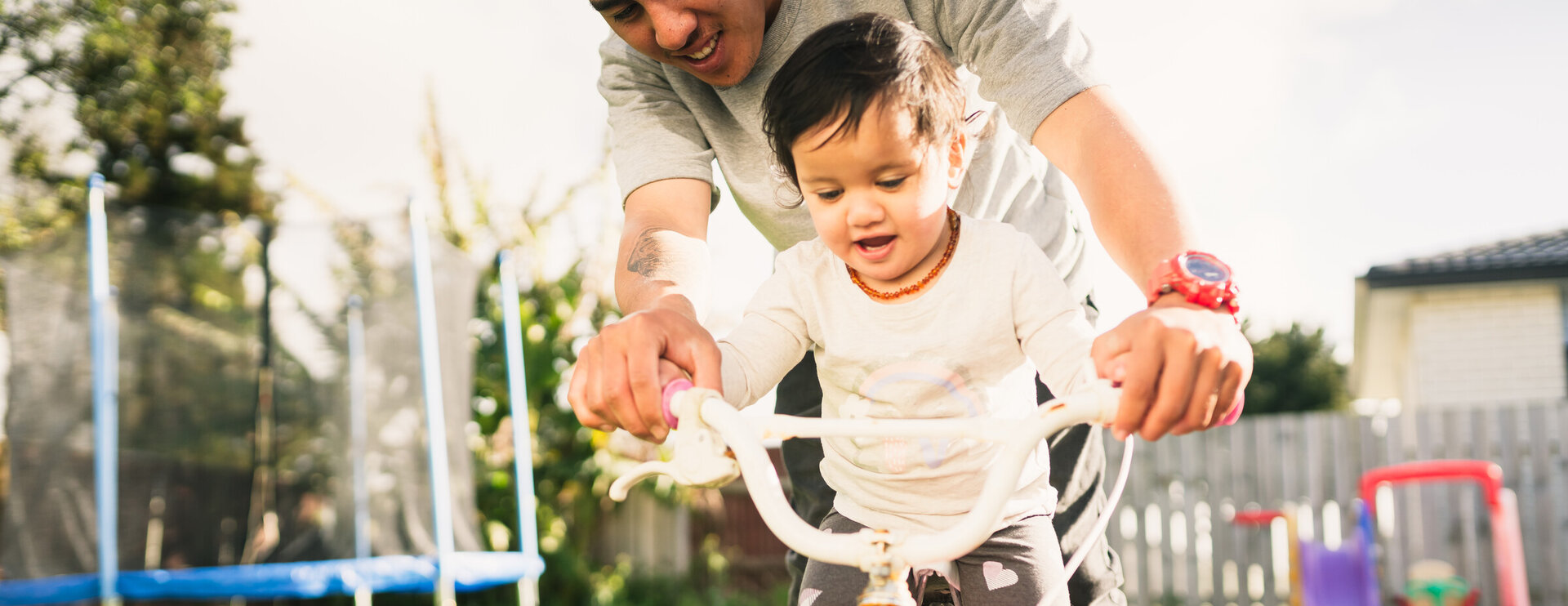Housing
Access to warm, affordable, safe and secure housing is widely reported to be a crisis for many Māori and Pacific. We have heard that this is also the case across Tararua so Rangitāne o Tamaki nui-ā-Rua is partnering with the Ministry of Housing and Urban Design to understand where the gaps are, what is causing these and what we can practically do to improving housing outcomes across our communities.
Some facts from the 2018 Census
| 1. | The 2018 Census estimated that nearly 0.9 percent of the population was experiencing severe housing deprivation in 2018 with many commentators saying that this has got worse due to significant house cost increases and lower availability of mortgage funding. | |
| 2. | Since 2009, homeownership rates have continued to decline, with homeownership at the lowest rate since the 1950s. |
| 3. | The decline in homeownership has occurred unevenly, with greater falls for Māori and Pacific peoples, in particular. | |
| 4. | In some parts of New Zealand, housing supply has not kept up with demand for housing. This lack of supply has affected affordability throughout New Zealand, with the housing pressures affecting the most vulnerable among us. |
| 5. | Inequalities in our regions housing have emerged, with one-parent families, the unemployed, and disabled people often experiencing poorer housing conditions. | |
| 6. | Māori and Pacific peoples, in particular, experience poorer housing outcomes, and higher rates of crowding and homelessness. |
There are some encouraging signs
The increase in new dwellings consented in recent years mean that we are adding newer housing with improved standards of insulation.
There has also been an increase in dwelling intensification in recent years, with smaller sections and more multi-unit housing which better suit some of those struggling with housing.
But...
- Tenure remains one of the most significant markers of inequality in housing.
- People who don't own have less tenure security, poorer affordability, and worse housing conditions.
- Problems with housing then impact on a whānau's wellbeing – both mental and physical.
- A significant number of Māori experience very poor housing conditions, such as severe crowding, or lack a place that they can call home.
Our Aims
Rangitāne o Tamaki nui-ā-Rua are committed to work for better housing outcomes for the most vulnerable in our communities. This research will inform our housing strategy and guide us in the steps to address the most urgent needs of whanau.
We encourage you to share your concerns about housing and opinions regarding the best way to address the challenges we face by completing the survey - it will only take 5 minutes.
As we look to move into housing provision in the near future, we also invite you to register with us to keep updated on what we are doing, and how you and your family can get onto the home ownership pathway.



